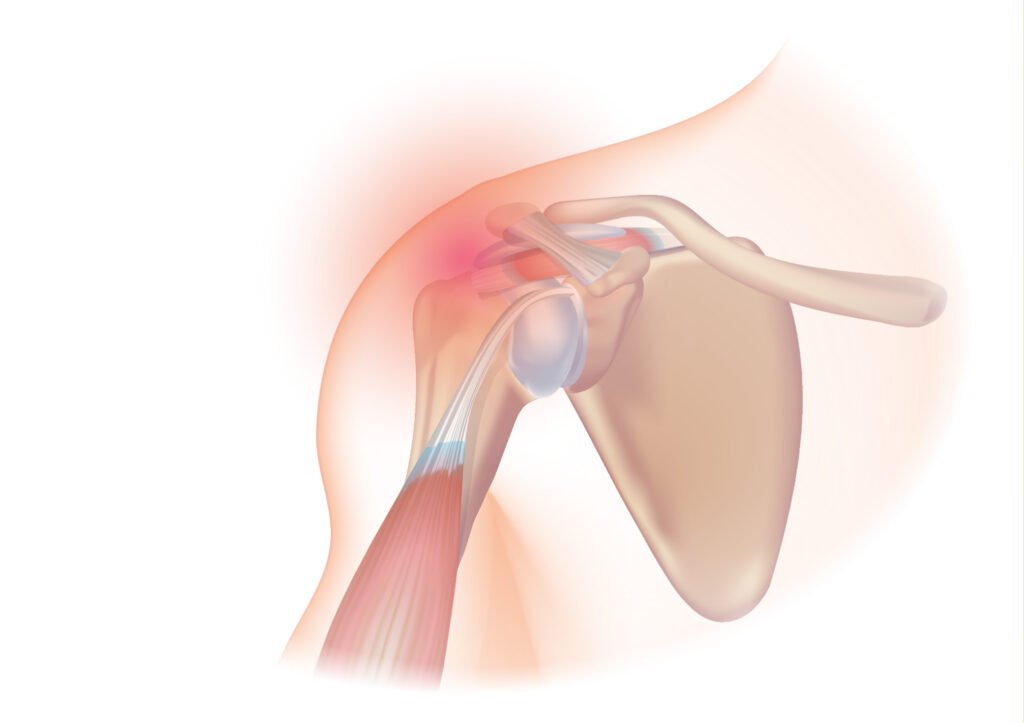
Recovering from a rotator cuff injury can be a frustrating and lengthy process. While patience is key, many patients unknowingly sabotage their progress by making preventable mistakes. In this guide, we’ll explore five critical errors to avoid during your rehabilitation journey.
1. Overdoing It Too Soon
The Mistake:
Attempting to resume normal activities or intense exercises before your shoulder has properly healed.
How to Avoid It:
- Follow your physical therapist’s timeline for returning to activities
- Use pain as your guide – stop immediately if you feel sharp pain
- Gradually increase range-of-motion exercises under professional supervision
2. Ignoring Pain Signals
The Mistake:
Pushing through pain during rehabilitation exercises or daily movements.
How to Avoid It:
- Differentiate between muscle soreness and sharp, stabbing pain
- Communicate clearly with your healthcare provider about pain levels
- Use ice therapy and rest when experiencing flare-ups
3. Skipping Physical Therapy Sessions
The Mistake:
Being inconsistent with prescribed exercises or discontinuing therapy prematurely.
How to Avoid It:
- Maintain a regular exercise schedule
- Track your progress in a rehabilitation journal
- Combine clinic sessions with at-home exercises
4. Poor Posture Habits
The Mistake:
Maintaining bad posture that stresses the shoulder joint during recovery.
How to Avoid It:
- Use ergonomic adjustments for workstations
- Practice scapular strengthening exercises
- Be mindful of shoulder positioning during daily activities
5. Neglecting Nutrition and Rest
The Mistake:
Failing to support healing through proper sleep and dietary choices.
How to Avoid It:
- Increase protein intake to support tissue repair
- Ensure adequate vitamin C and zinc consumption
- Prioritize 7-9 hours of quality sleep nightly
Optimize Your Recovery Journey
By avoiding these common mistakes, you’ll give yourself the best chance for full recovery. Remember that rotator cuff rehabilitation typically takes 3-6 months – progress might feel slow, but consistency pays off. Always consult with your orthopedic specialist or physical therapist before making changes to your recovery plan.
Need professional guidance? Book a consultation with our sports medicine experts to create a personalized recovery strategy.
